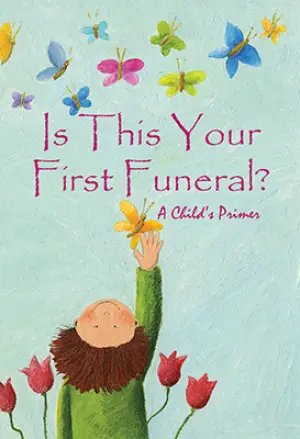Movie Review: The Cure
Sometimes a movie comes along that, despite its understated status, leaves an indelible mark on your heart. That was my experience with The Cure, a 1995 gem featuring the remarkable duo of Joseph Mazzello and Brad Renfro. Although it doesn’t often pop up in discussions of classics, it is a navigator of emotions—capturing the innocence of childhood while unraveling poignant themes of friendship, compassion, and hope.
The Cure tells a touching tale of two boys, Dexter (Mazzello), who has AIDS, and Erik (Renfro), a latch-key bully who unexpectedly befriends him. Their journey begins when they read about a doctor in New Orleans who supposedly holds the key to a cure. In their quest to find him, they build a raft and embark on an adventure down the Mississippi River—echoing the spirit of Tom Sawyer. But this isn’t just a simple adventure; it’s filled with laughter, mischief, and the complexity of young boys grappling with concepts that most adults find daunting.
What struck me most was the film’s raw honesty. Though directed by Peter Horton, known more for his work on TV, the movie manages to combine sincere storytelling with a powerful emotional core. The performances from Mazzello and Renfro are genuinely moving; there’s an authenticity in their interactions that transcends the screen. They embody the balance of youthful innocence and the harsh realities that life can offer. Renfro’s Erik, although initially rough around the edges, evolves into a profound representation of friendship and loyalty, while Mazzello’s Dexter reminds us of the fragility of life.
One particularly beautiful element of the film is its portrayal of the bullying Dexter faces—not just from peers but also from societal misconceptions around AIDS. This serves as a crucial reminder of the injustices inflicted upon those who are marginalized. The heartfelt moments, especially towards the film’s climax, are incredibly impactful. I found myself reaching for tissues—not just for sadness, but for the joy that came from seeing genuine friendship triumph amidst adversity.
A particularly memorable quote that stayed with me is, “We’re not just best friends; we’re brothers.” This line encapsulates the essence of their bond, reinforcing the idea that love and loyalty can emerge in the most unexpected places. In a world growing increasingly disconnected, The Cure challenges us to cherish and nurture our relationships with one another, particularly with those who are different.
The cinematography captures the beauty of summer adventures against the backdrop of the Mississippi River, contrasting the innocence of childhood with deeper societal issues. Though it’s not laden with flashy effects or big-budget stunts, it’s these simple yet vital details that contribute to its charm.
In conclusion, The Cure is a heartfelt journey that will resonate with both young audiences and adults alike. It’s a must-see for families, educators, and anyone interested in the deeper lessons of humanity. It reminds us of love’s power and the importance of reaching out to those who may be struggling. Watching it was not only an emotional experience but also a reawakening of hope—a sentiment that resonates deeply in our current world.
So grab some tissues and prepare for a ride down the river of friendship, because this is a story worth not just watching, but feeling.




